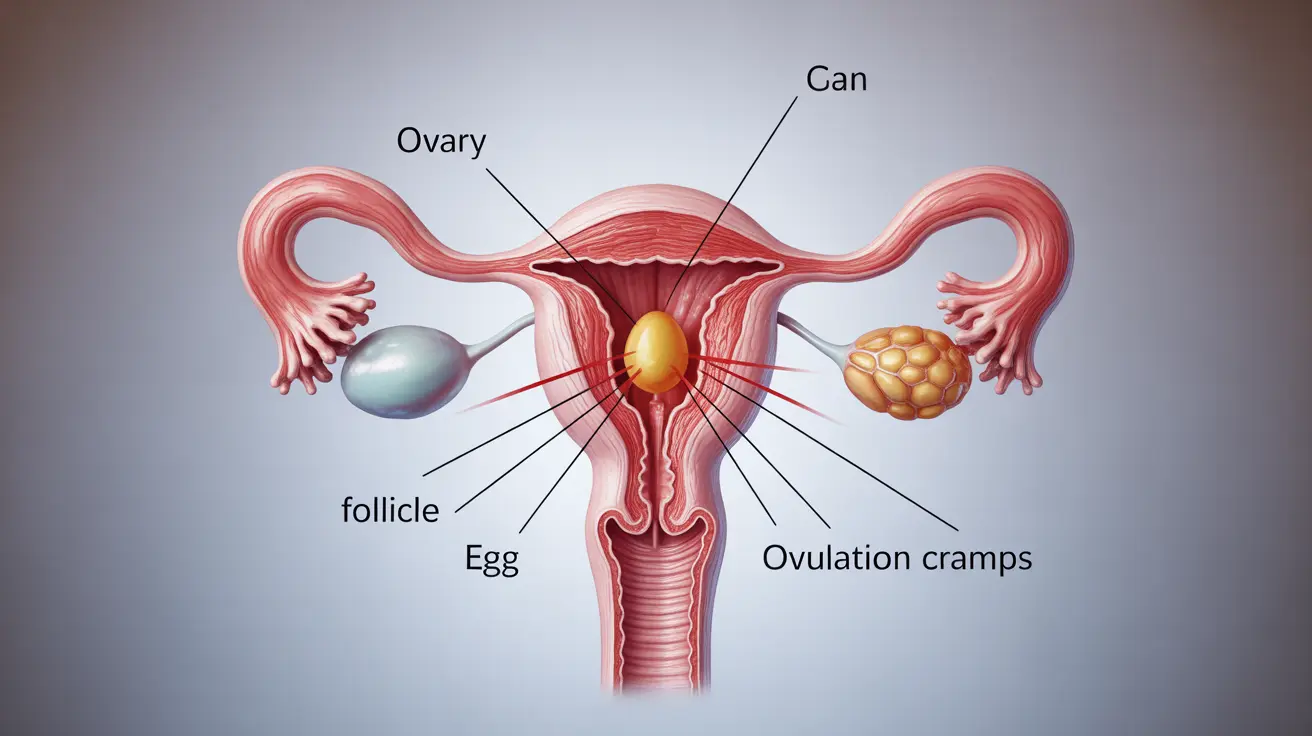Many parents become concerned when they notice their baby losing hair during the first few months of life. The good news is that infant hair loss, also known as alopecia, is typically a normal part of early development. Understanding why this happens and when to expect new growth can help ease parental worries during this temporary phase.
Understanding Normal Baby Hair Loss
Hair loss in babies is a common occurrence that affects many infants within their first six months of life. This process, while potentially alarming to parents, is usually completely natural and temporary. Most babies are born with whatever hair they developed in the womb, which often falls out as their hair growth cycle transitions after birth.
Common Causes of Infant Hair Loss
Hormonal Changes
During pregnancy, mothers pass hormones to their babies, which can affect hair growth. After birth, these hormone levels naturally decrease, leading to temporary hair loss. This type of hair loss typically begins within the first two to three months after birth.
Friction-Related Hair Loss
Babies who spend lots of time lying on their backs may experience hair loss on the back of their heads. This type of loss, known as friction alopecia, occurs when babies rub their heads against surfaces like mattresses, car seats, or playmats. It's completely normal and usually resolves on its own.
The Hair Growth Timeline
Most babies who lose their newborn hair will begin to grow new hair by six months of age. This new growth may be different in color or texture from their birth hair. Some babies might experience slower regrowth, while others may see new hair coming in more quickly.
What to Expect
The new hair growth process typically follows this pattern:
- Initial hair loss between 2-4 months
- New hair growth beginning around 6 months
- Fuller head of hair by first birthday
- Possible change in hair color or texture
Prevention and Care Tips
While normal baby hair loss isn't preventable, there are ways to minimize friction-related hair loss:
- Alternate your baby's head position during sleep
- Limit time spent in car seats when not traveling
- Use soft bedding materials
- Gentle hair care practices
- Avoid tight headbands or hair accessories
When to Seek Medical Advice
While most infant hair loss is normal, certain signs warrant medical attention. Contact your pediatrician if you notice:
- Hair loss accompanied by scalp scaling or redness
- Patchy or circular hair loss patterns
- Hair loss continuing beyond 12 months
- Signs of infection or inflammation
- Unusual scalp conditions
Frequently Asked Questions
- Is it normal for babies to lose hair in the first few months after birth?
Yes, it's completely normal for babies to lose their hair in the first few months. This process, known as telogen effluvium, is triggered by hormonal changes after birth and typically resolves on its own.
- What causes newborn babies to lose their hair, and when does it usually start?
Newborn hair loss is primarily caused by hormonal changes and friction. It usually begins between 2-4 months after birth, though timing can vary among babies.
- How long does it take for a baby's hair to grow back after hair loss from friction or hormonal changes?
Most babies begin growing new hair around 6 months of age, though the timeline can vary. Complete regrowth typically occurs by the first birthday.
- Can rubbing or laying on surfaces like crib mattresses cause permanent hair loss in babies?
No, friction-related hair loss from lying on surfaces is temporary and won't cause permanent damage. The hair will regrow once the baby starts spending more time sitting up and changing positions.
- When should I be concerned and see a doctor about my baby's hair loss?
Consult a doctor if you notice scalp scaling, redness, circular patches of hair loss, signs of infection, or if hair loss continues beyond 12 months of age.




